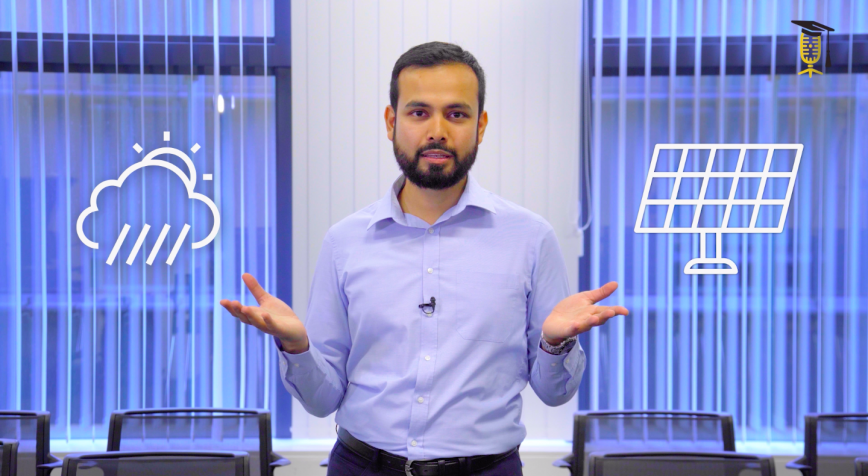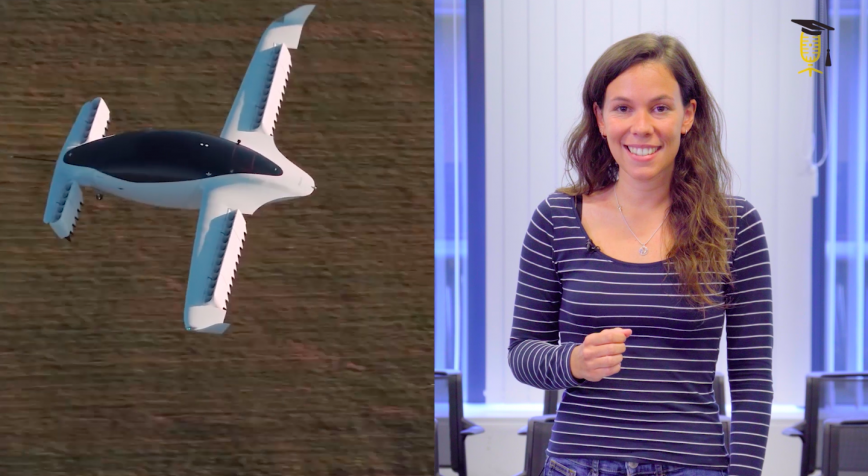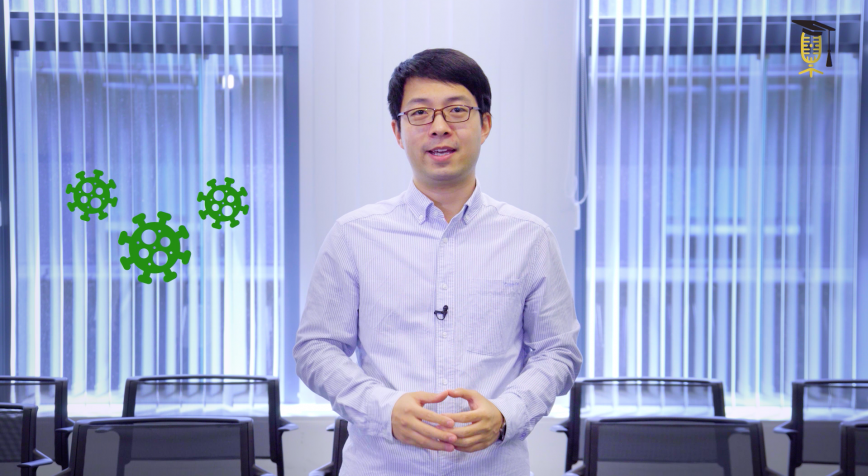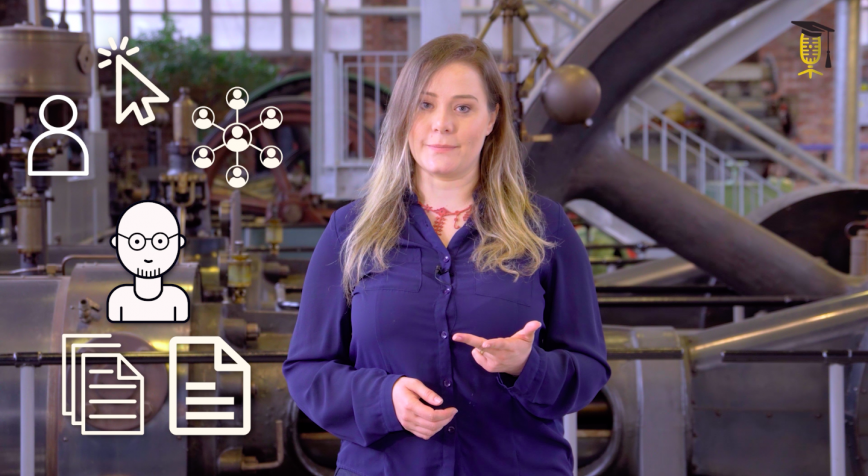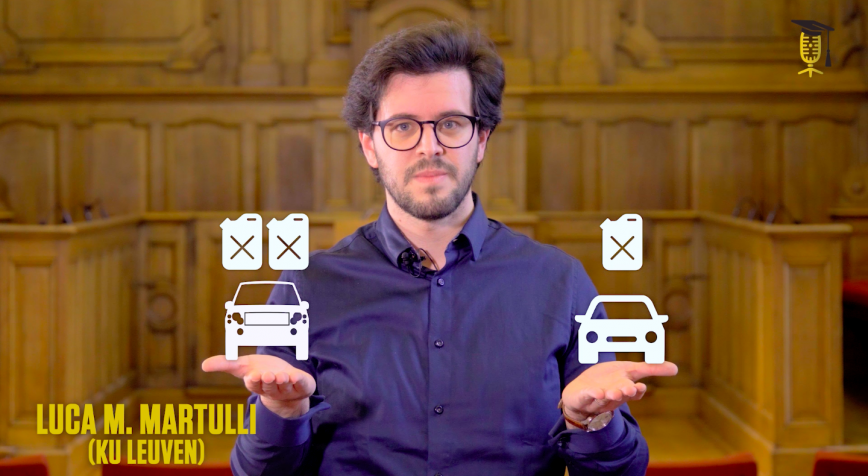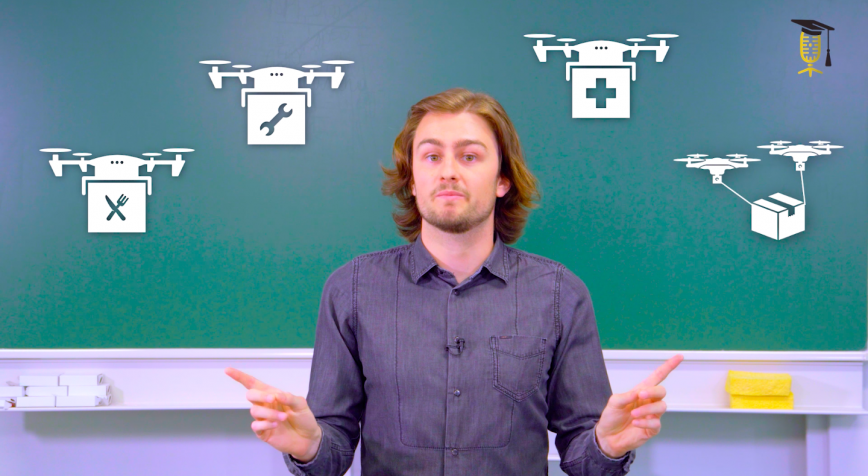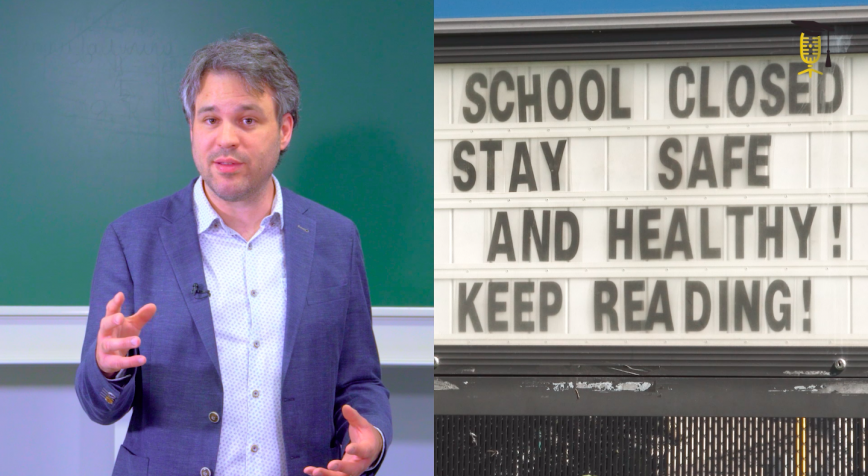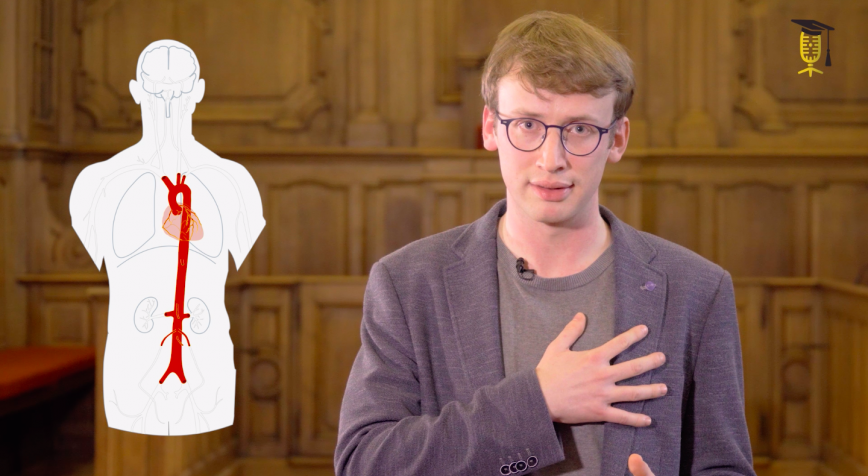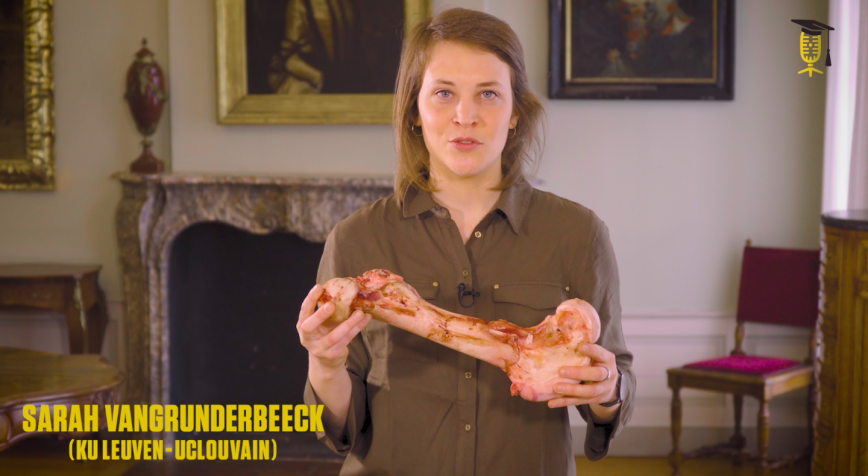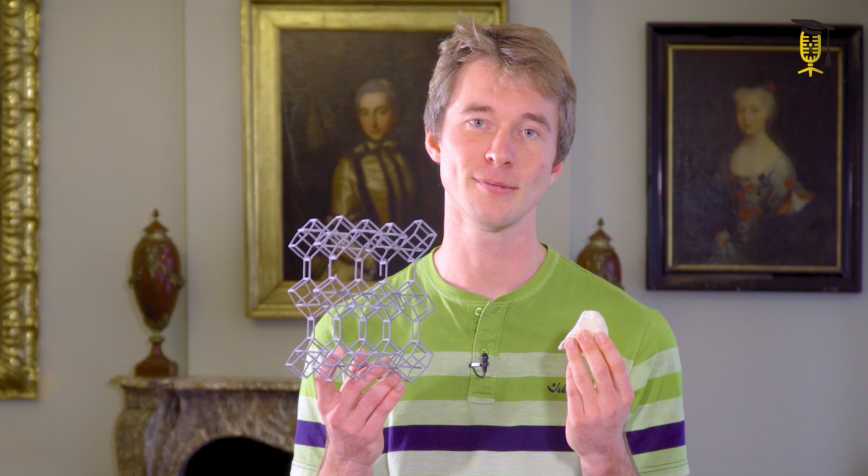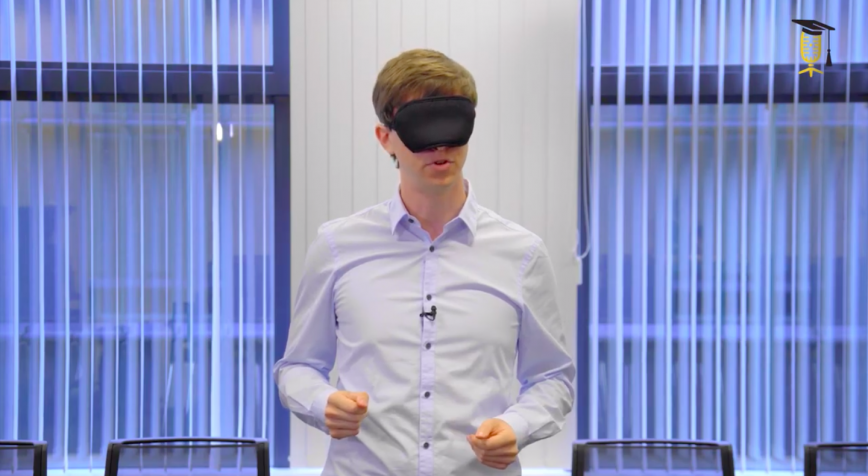
FWO
imec
KU Leuven
How to see the invisible?
Have you ever tried to look at something, but it was too small to see? Well, scientists improving your smartphone are facing this issue on a daily basis. Jonathan Op de Beeck (imec - KU Leuven) explains how they are able to 'see' the invisible.

